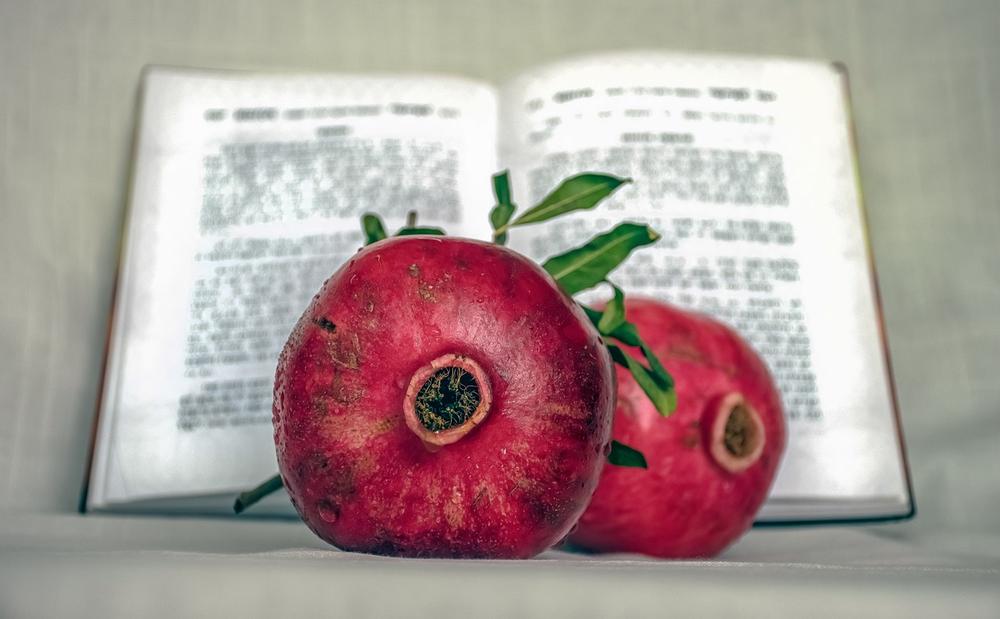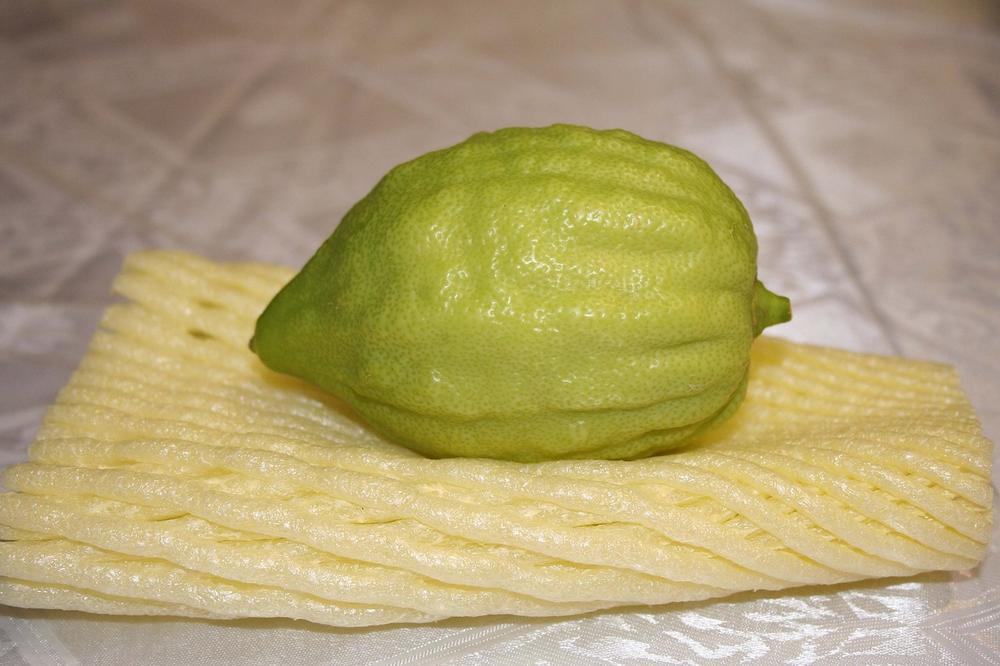What Is the Spiritual Meaning of Sukkot? Unity and Oneness!

So, you think you know all about Jewish holidays?
Well, hold onto your yarmulke, because Sukkot is about to blow your mind!
Sukkot, also known as the Feast of Tabernacles, is all about connection and gratitude.
This week-long festival celebrates the ancient Israelites' journey through the desert and reminds us to appreciate life's blessings.
But hold onto your etrog, because Sukkot isn't just about partying in a temporary hut – it's a spiritual journey of reflection and celebration!
Embracing the Symbolic Transience of the Sukkah
To fully embrace the symbolic transience of the sukkah, consider these 10 meaningful actions:
- Reflect on the impermanence of life.
- Construct a sukkah using traditional materials.
- Contemplate the deeper meaning behind Sukkot.
- Explore personal and societal development.
- Embrace the shift toward love and positive connection.
- Overcome selfishness and detachment.
- Participate in the mitzvah of building a sukkah.
- Follow specific requirements for sukkah construction.
- Begin preparations immediately after Yom Kippur.
- Beautify your sukkah to enhance its significance.
Immerse yourself in the symbolism and spiritual growth of Sukkot by comprehending its essence and following these outlined steps.

Open yourself to the transient nature of life and find meaning in the process of constructing and beautifying your sukkah. 😊
Main points I'll expand upon further down this article:
- Reflect on blessings & challenges of previous generations for personal growth.
- The sukkah symbolizes God's embrace and His sheltering presence.
- Cultivate humility, promote positive relationships, and embrace transformation.
- Lessons on joy, putting others first, and connecting with loved ones.
And now, I want to take a deeper dive into the spiritual significance and rich meaning behind the Jewish holiday of Sukkot.
For me, understanding the essence of Sukkot allows me to fully appreciate the symbolism and spiritual growth that comes with embracing its traditions and rituals...
Recognizing God's Abundant Blessings
Sukkot is a time to reflect on the blessings God has given us. It's a celebration of God's provision and a reminder to trust in Him for our daily needs. Through refraining from labor and sharing meals, we show gratitude and embrace the stages of life.
As Sukkot is approaching, it's important for you to grasp the true meaning behind this Jewish holiday.
It’s not just about building a sukkah or shaking the lulav and etrog; Sukkot is an opportunity to be grateful.
It serves as a reminder that everything we have, from our homes to our food, comes from God.
By celebrating His provision, we express our gratitude for His blessings, and this connection to gratitude fills our lives with joy.
The sukkah itself symbolizes the transience of life. Just like these temporary structures, our time on Earth is temporary too.
Sukkot encourages us to contemplate the fragility and impermanence of life, urging us to build meaningful connections with others and contribute to the greater good.

In ancient times, Sukkot was esteemed and celebrated with great fervor. People would come together, refrain from work, make offerings, observe sacred gatherings, and partake in rituals like the water ceremony.
These traditions were ways to rejoice and thank God for continually providing for them.
During Sukkot, we recite various blessings, share meals, sing songs, and wave the lulavs All these acts and rituals show our gratitude and serve as a celebration. They remind us that God is always by our side, providing and guiding us throughout every stage of life.
So as you celebrate Sukkot this year, take a moment to acknowledge and cherish the abundant blessings that surround you.
Embrace the different stages of your own life journey and have faith in God's provision.
With that being said, may this season of Sukkot fill you with joy, gratitude, and a profound spiritual connection.
And if you find yourself pondering deeper questions about the challenges life throws our way, may I recommend diving into The Spiritual Significance of Acne? This insightful guide explores the potential spiritual reasons behind the manifestation of acne.
Commemorating the Exodus and Embracing Divine Guidance
During Sukkot, the Jewish holiday that recognizes the Exodus and embraces divine guidance, we are reminded of the extraordinary journey undertaken by the Israelites after escaping slavery in Egypt.
Sukkot allows us to honor our ancestors who traversed through the wilderness, facing both blessings and challenges with unwavering faith.
We must learn from their experiences for personal growth.
We reflect upon the divine interventions witnessed throughout history. These miraculous occurrences serve as a testament to God's forthcoming plans and provide us with an optimistic outlook.

Embrace the lessons learned from these events as they can guide us on our own spiritual path.
In observance of this holiday, designated Torah readings and haftarahs are allocated for each day of Sukkot. This ensures that we deeply engage with the pertinent stories and teachings ingrained within our faith tradition.
Immerse yourself in these sacred texts to connect with our shared history and gain a greater understanding of divine guidance.
And by the way, have you ever wondered how the sukkah is constructed?
What materials are used to create this sacred symbol of divine presence?
Stick around as we delve into the intriguing process and symbolism behind building a sukkah for Sukkot.
You won't believe the level of attention and detail that goes into its construction!
Finding Comfort in God's Embrace
The sukkah symbolizes the comfort and protection found in a close relationship with God. It serves as a reminder of His presence, providing shelter and comfort. Find solace in His loving embrace and prioritize your connection with Him for peace and spiritual fulfillment.
In fact, Sukkot, a Jewish holiday, celebrates God's presence protecting and sheltering the Israelites in the wilderness. The sukkah visualizes this divine presence.
Imagine the sukkah as a cloud canopy, providing shade from the scorching desert sun.
That's how God watches over us, offering His unwavering love and support.
The sukkot reminds us to focus on others' needs before our own self-centered desires, just as God prioritized the well-being of the Israelites during their journey.
Embrace humility and compassion, just like the sukkot embraces and shelters us.
When you enter the sukkah, you're stepping into God's warm embrace.

It's a sacred space where you can find solace and spiritual fulfillment.
Spend time reflecting on your relationship with God, bask in His love, and let Him guide you through life's challenges.
Whether you're celebrating Sukkot or simply seeking spiritual comfort, remember that God is always there for you.
He offers His comforting arms, ready to guide and protect you every step of the way.
So, take a moment today to embrace God's loving embrace and find strength in His presence.
And yet, there is so much more to uncover about the spiritual journey of Sukkot!
Curious to delve deeper into the significance of this holiday and explore the transformative power it holds for you and I?
Let's embark on a captivating exploration of faith, trust, and renewal as we discover the profound teachings that Sukkot has in store for us...
Cultivating Humility and Finding Purpose Through Divine Connection
Sukkot, a holiday for believers, encourages you to renew your faith and trust in God. It reminds you that even amidst uncertainty, you can find comfort and nourishment through your divine connection.
Humility becomes crucial in seeking love and purpose, as arrogance undermines spirituality.
The Jewish community's unwavering belief in a trustworthy God fosters anticipation and guides you through the transformative journey of the Tishrei holidays.
This inspiration compels you to commit to self-change and become a more compassionate, generous, and connected individual. Through these changes, you actively promote positive relationships in society.
You can see that cultivating humility and finding purpose necessitate a deep bond with the Divine.
By nurturing this connection, you can experience genuine fulfillment and discover your true potential.
Embracing your relationship with God enables you to gracefully navigate life's challenges and embrace peace and inner strength.
And now, as we delve deeper into the spiritual significance of Sukkot, let me share with you another key aspect of this beautiful holiday – one that brings people together and emphasizes the importance of community and unity:
Cultivating Hospitality and Unity: Welcoming Guests and Sharing Joy
Sukkot: Cultivating Hospitality and Unity
Sukkot, also called the Feast of Tabernacles, is an important holiday in the Jewish calendar. It's all about inviting guests to share meals and celebrate in a temporary booth called a sukkah.
This reminds you to slow down, appreciate loved ones, and create meaningful connections.
During Sukkot, you need to put others first, be attentive to their needs, and be a giver.
And here's the best part:
No matter who you are or what you've done, you're always welcome in the sukkah.
It's a place where everyone feels like they belong.
Experiencing Abundant Joy in the Sukkah
When you're filled with the Holy Spirit during Sukkot, you can experience abundant joy.
Imagine gathering under the sukkah, enjoying good food, singing, and just being grateful for each other's company.
It's a time to shift from selfishness to selflessness and recognize the importance of community support.
In ancient Israel, Sukkot was known as "the Feast" or "the season of our joy." It captures the true essence of this holiday - a time to rejoice, give thanks, and share in the blessings that surround us.
Customs and Traditions of Sukkot
One common tradition during Sukkot is hakafot, which means circling the Torah during synagogue services.
It shows our respect for the Word of God and our commitment to live by its teachings.
To make the sukkah more festive, people decorate it with fruits, streamers, and artwork.
These decorations remind us to appreciate the present moment and the temporary nature of life.
By participating in these customs, we celebrate Sukkot with intent and create memories that will last forever.
The Sacred Union Between Humanity and the Bounty of Mother Nature
Sukkot, a Jewish holiday, celebrates the profound connection between humanity and the abundant gifts of nature. Through traditions and rituals, we cultivate a deep bond with both fellow humans and the positive forces of the natural world, symbolizing our interconnectedness and spiritual growth.
Nature is at the center of Sukkot, guiding us to appreciate its abundant creations and fostering gratitude. Sukkot urges us to venture beyond our everyday lives, immerse ourselves in nature, and connect with the earth.
This connection helps us realize the interdependent relationship between humans and the natural world.
As we celebrate this holiday, we embark on a spiritual journey that leads to seven spiritual ascents.
Each step brings us closer to a deep union with nature and each other.
And let me tell you, it's truly beautiful!
The peak of this journey coincides with Simchat Torah, where we find perfect balance and harmony with nature's positive energy.
Together, we discover our perfectly integrated place within the grand scheme of things.
During Sukkot, we build sukkahs—temporary shelters resembling the dwellings of our ancestors in the wilderness.
These sukkahs are adorned with vibrant fruits, flowers, popcorn wreaths, and Jewish-themed posters, reminding us of nature's abundant beauty.
But that's not all!
We also celebrate by embracing the symbolism of the Four Species.
These symbolic items bring different parts of our bodies together, uniting us as a collective entity.
During prayers and processions, waving the Lulavs from the Four Species adds liveliness and meaning to our services.
So, my friend, throughout Sukkot, let us rejoice in the sacred union between humanity and Mother Nature's bounty.
Let's embrace traditions, connect with nature, and savor the profound spiritual meaning behind this joyous celebration.
And it gets even more fascinating...
So, how does this emphasis on joy and connection manifest in the rituals and practices of Sukkot?
Well, let's dive in and uncover the spiritual significance behind these traditions...
Embracing Joy in Impermanence
Life is filled with fleeting moments, and Sukkot encourages us to find joy in this impermanence.
During Sukkot, we embrace the spiritual connection and prioritize genuine joy over materialistic pursuits and egoism.
Simchat Torah, a special part of Sukkot, is devoted to rejoicing in the loving connection provided by nature's force of love, connection, and bestowal.
The term "simchah," meaning joy, is frequently associated with Sukkot.
So, how can we fully embrace joy in impermanence during this holiday?
Here are some practical tips:
- Stay present: Instead of worrying about the future or dwelling on the past, focus on being fully present in each fleeting moment as it comes.
- Connect with loved ones: Strengthen your bonds with family and friends, emphasizing positive human connections and fostering joy through meaningful relationships.
- Practice gratitude: Take the time to express gratitude for the blessings in your life, appreciating the temporary gifts that surround you.
- Engage in acts of kindness: Spread joy by performing random acts of kindness, bringing happiness not only to others but also to yourself.
- Savor simple pleasures: Find joy in the little things, whether it's sipping a warm cup of tea, reading a good book, or enjoying a walk in nature.
- Let go of attachments: Recognize that everything in life is transient and practice detachment from material possessions, knowing that true happiness lies within.
Sukkot prompts us to value the fleeting moments and discover contentment and joy by embracing the transience of life.
Now that you understand how Sukkot encourages us to embrace joy in impermanence, let's delve into the rich significance of this ancient agricultural celebration...
Celebrating Abundance and Gratitude
Sukkot, a special Jewish festival, happens every year from Tishrei 15-21.
It's an important celebration that goes back in time and has deep ties to agriculture.
As the last of the fall holidays, Sukkot brings together all the good vibes and wraps them up into one fantastic event.
It's also one of the three pilgrimage festivals, making it even more distinctive and significant. The main idea behind Sukkot is to appreciate and thank God for the bountiful harvests we've received.
This ancient celebration reminds us to be grateful for His abundant provision.
And that's a wrap for today.
If you want to read more of my useful articles, I recommend you check out some of these: Symbolism of Unleavened Bread, What Is the Spiritual Meaning of a Mushroom, Symbolism of Elephant Ear Plant, Spiritual Significance of Coconuts, and The Spiritual Significance of Fire
Until next time,
-Naomi Sato